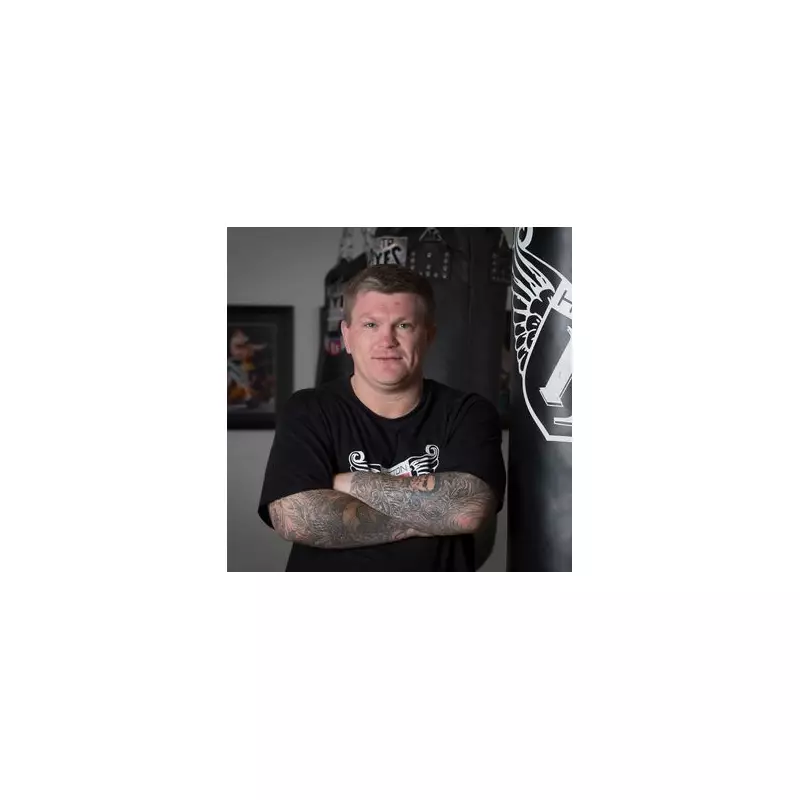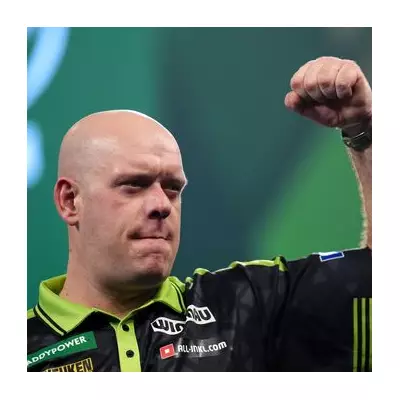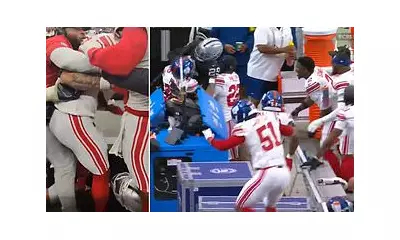
In a profoundly candid and emotional revelation, British boxing icon Ricky Hatton has laid bare the devastating depths of his struggle with addiction and mental health following his retirement from the sport.
The former world champion, once the pride of Manchester and beloved by millions, described a period where he felt his life had lost all purpose, leading him to a place of unimaginable darkness.
The Descent Into Darkness
"I didn't care if I lived or died," Hatton confessed, recalling the void that consumed him after hanging up his gloves. The adrenaline rush of sold-out arenas and world title fights was replaced by a crushing emptiness, which he attempted to fill with alcohol and substance abuse.
Hatton spoke of being trapped in a cycle of binges that would last for days, a desperate attempt to numb the pain and silence the overwhelming thoughts of worthlessness that plagued him away from the spotlight.
A Cry For Help Ignored
The fighter's bravado outside the ring masked a crippling internal battle. He revealed moments where he would break down in tears, his mental state so fragile that even the simplest daily tasks felt insurmountable.
Despite his fame and success, Hatton felt utterly alone, believing that reaching out for help would be seen as a sign of weakness—a tragic misconception that prevents many from seeking the support they desperately need.
The Turning Point
The path to recovery began with a single, conscious decision to change. For Hatton, returning to the boxing gym was his salvation. Mentoring young, upcoming fighters provided him with a renewed sense of purpose and identity.
This rediscovered role allowed him to channel his vast experience positively, not only rebuilding his own life but also guiding the next generation away from the pitfalls he experienced.
A Message of Hope
Today, Hatton uses his platform to shatter the stigma surrounding mental health, particularly within the hyper-masculine world of professional sports. His story is no longer one of defeat, but a powerful testament to human resilience.
He stands as a living example that it is possible to emerge from the darkest of places, advocating fiercely for openness, dialogue, and professional support for those who are struggling.
His final message is one of defiant hope: "No matter how bad it gets, you can come back. Look at me."





